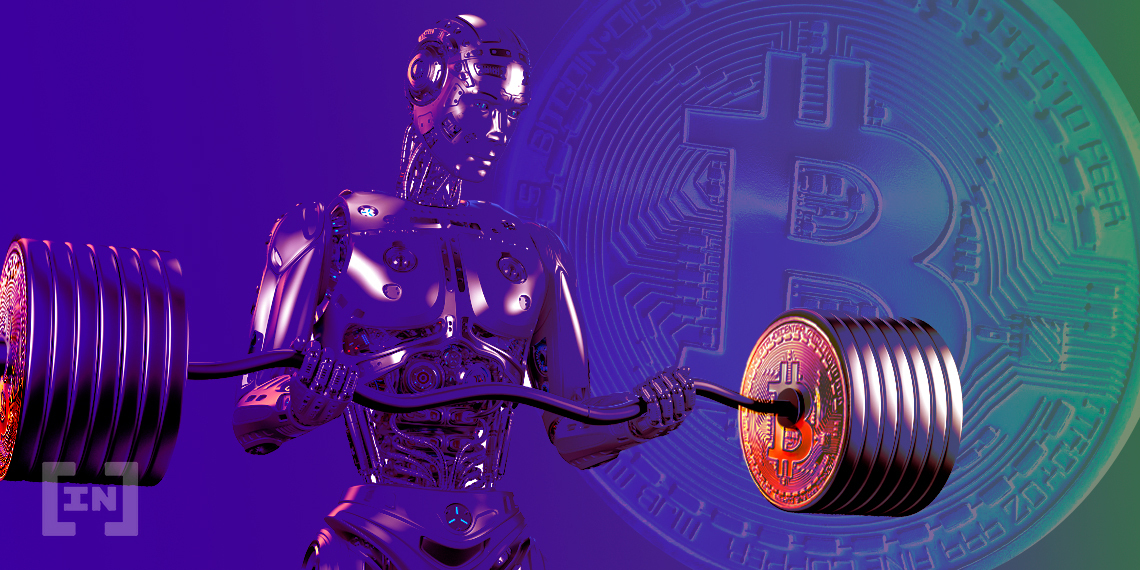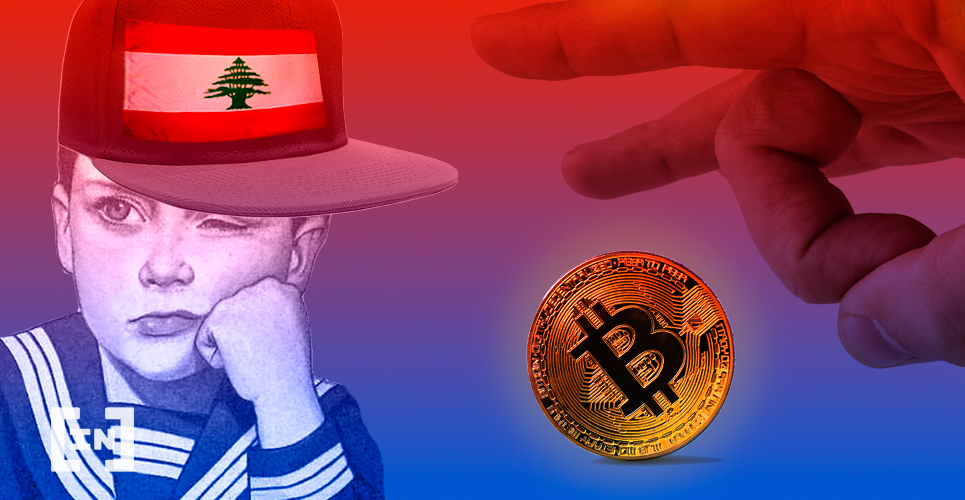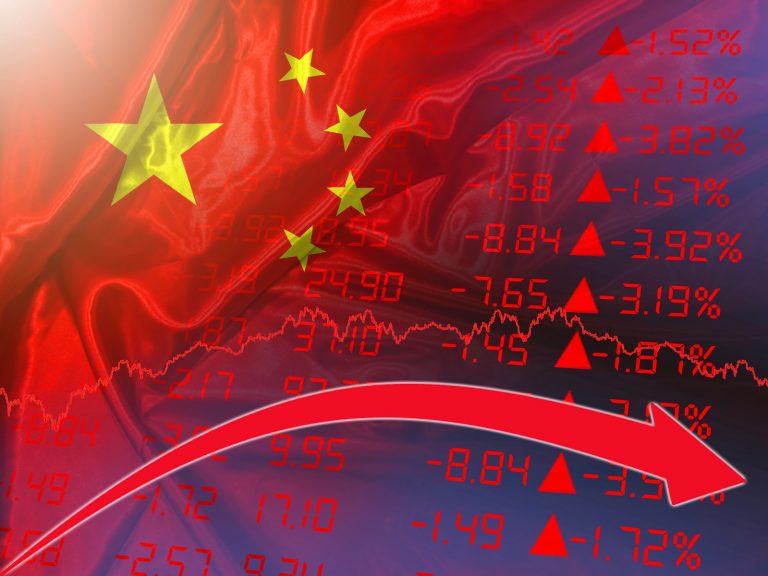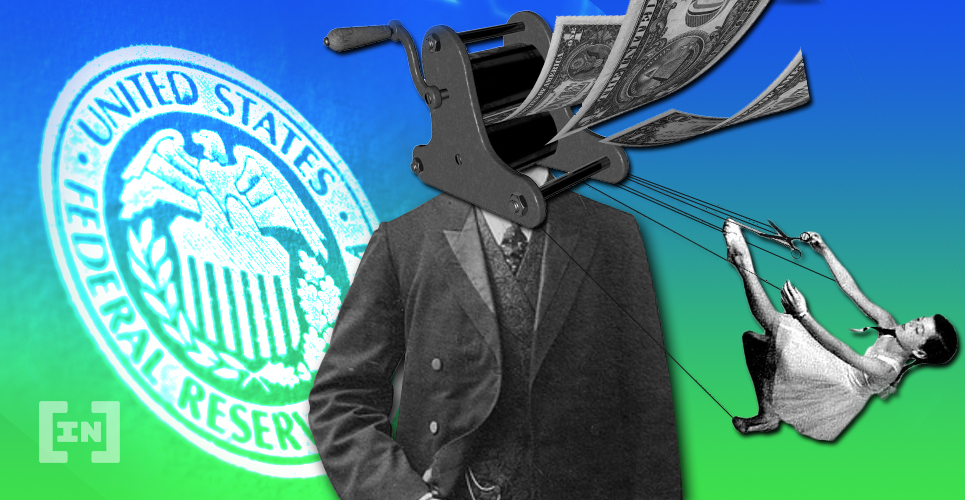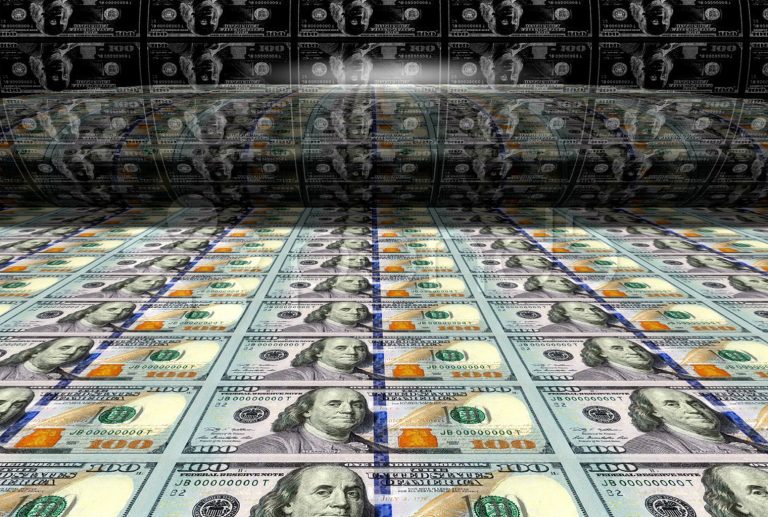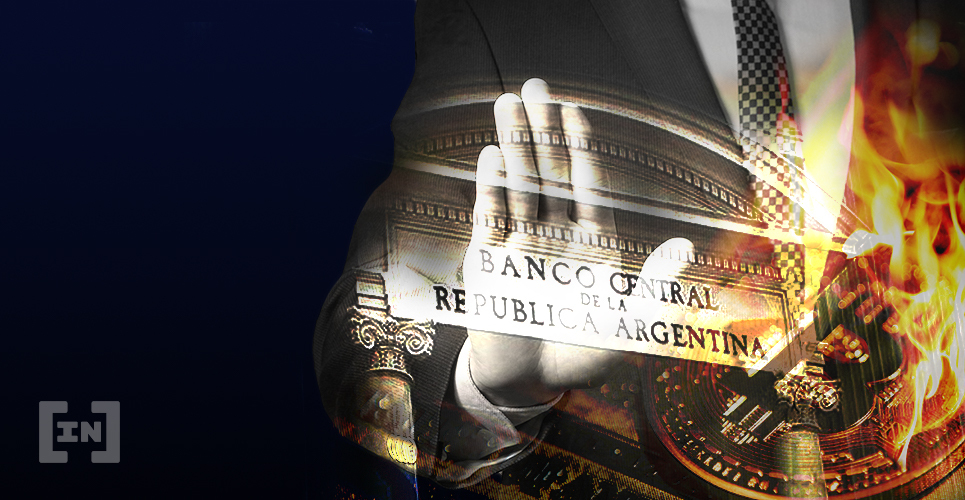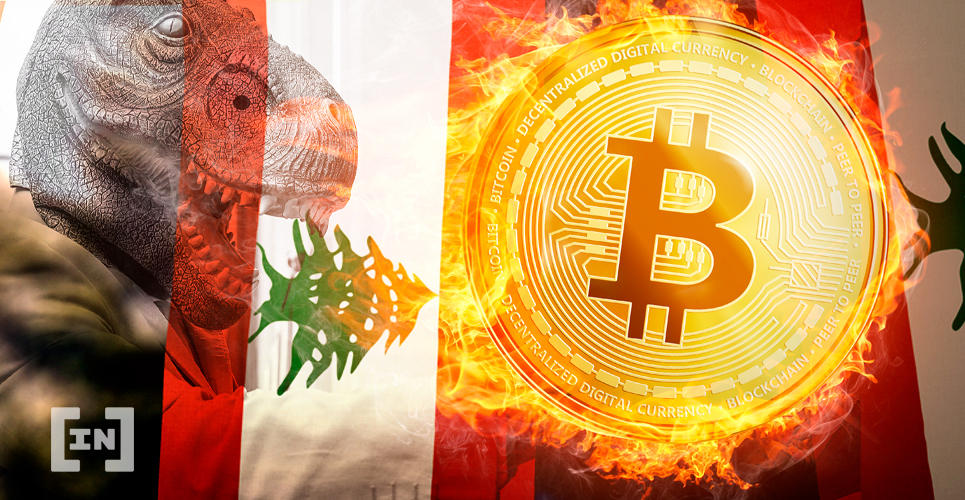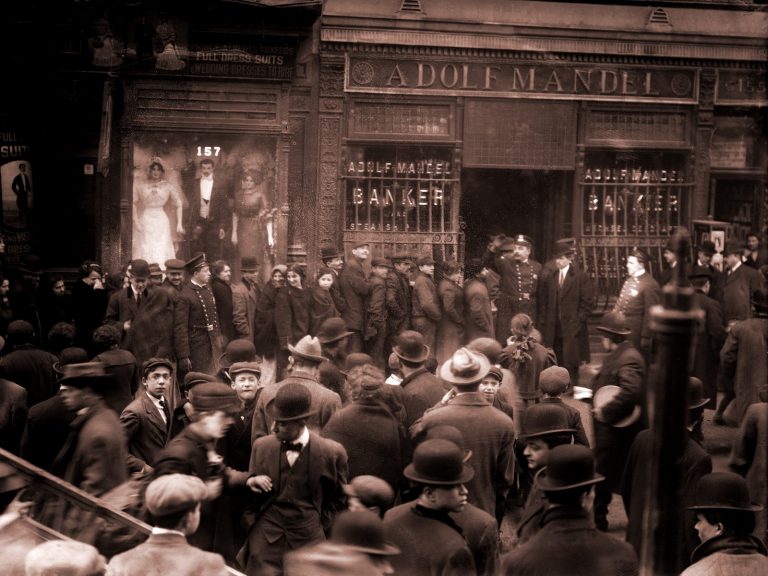2020-3-30 19:00 |
The biggest global emergency of the century, COVID-19 pandemic has the Treasury officials trying to decide on how much they can spend to fight the novel coronavirus.
Before the financial crisis in 2008, people relied on commercial banks to create money, which was in the form of loans. But during the crisis, central banks like Bank of England started creating money via quantitative easing (QE). Now, the banks are back to practicing it, with promises of doing everything they can, everything on the table, and “nothing out of question.”
This crisis is every MMTer’s wet dreamWhile the BOE is preparing to expand its QE program of $435 billion in outstanding loans by $200 billion, which is just under 10% of the UK’s national income, Malaysia's stimulus package is worth 17% of its GDP. Fed’s stimulus meanwhile is expected to come at $6 trillion.
Last week, the Fed also bought $183 billion of mortgage-backed securities, to drive down rates. The rates and volatility dropped while the mortgage-related shares rose on Friday. However, this has led some lenders to face margin calls and eroded their working capital.
Because of the Fed’s actions that are meant to help the market, the Mortgage Bankers Associations warned that the housing market could face a “large-scale disruption.”
The Fed’s lending to the US government has already ballooned to $5.2 trillion or 23% of the GDP, but according to Fed Chairman, Jerome Powell, the central bank can go further.
Fed’s coronavirus stimulus also resulted in banking going from “fractional reserve to 0 reserve!” In fractional reserve, banks are required to keep a certain amount of cash on hand, mostly 10% of the deposit. While it can help banks to earn interest on loans, it could result in bank runs as many US banks were and as a result, forced to shut down during the Great Depression.
BTC: The hardest money is challengerSuch measures and stimulus can eat up central banks’ funds but still, the government wouldn’t need to borrow from the market because as the officials themselves have said, they can print.
More QE is their answer. Basically, a form of MMT, this theory which is now in practice says the central bank can print money as long as it likes.
According to Willem Buiter, who was the founding member of the BOE’s monetary policy committee before becoming Citigroup’s chief economist said,
“it would be criminally negligent to allow a design flaw in existing treaties to inhibit the appropriate use of helicopter money at a time of existential crisis.”
On the other hand, the critique of MMT argues it can overheat an economy. Also, taxes would be needed to be increased at one point.
And the alternative to MMT, is Bitcoin. Angel investor Balaji S. Srinivasan, who has been expecting MMT vs BTC to be the main event of the 2020s now thinks it might happen this year as central banks start their money printers.
Source: @balajisAs we have been already starting to see for the past few weeks, Bitcoin price has been reacting to Fed’s unlimited QE announcement with a flurry of trading.
Similar to Notcoin - TapSwap on Solana Airdrops In 2024
Internet of People (IOP) на Currencies.ru
|
|
